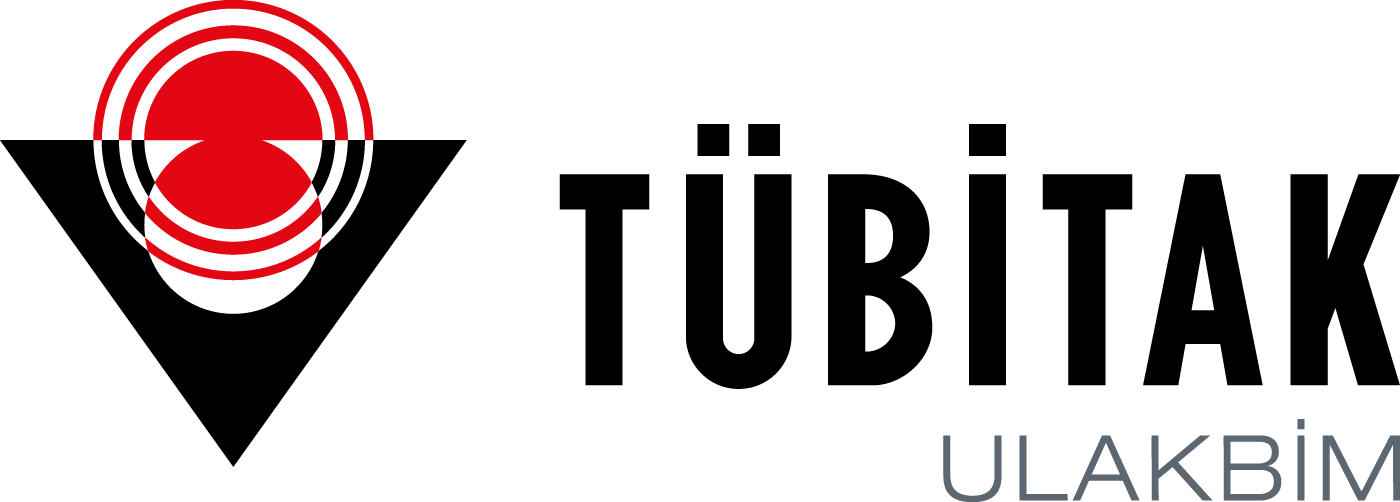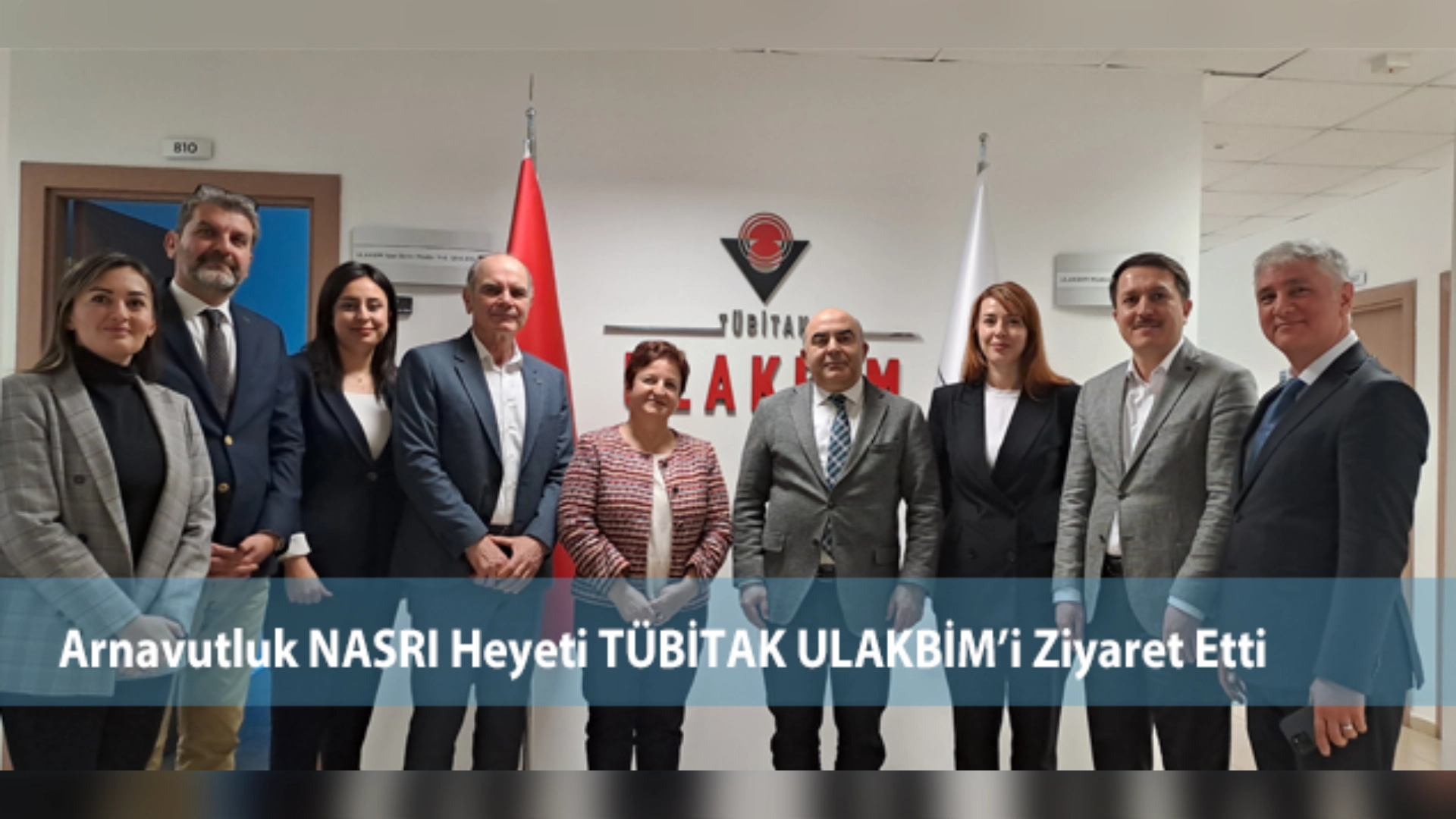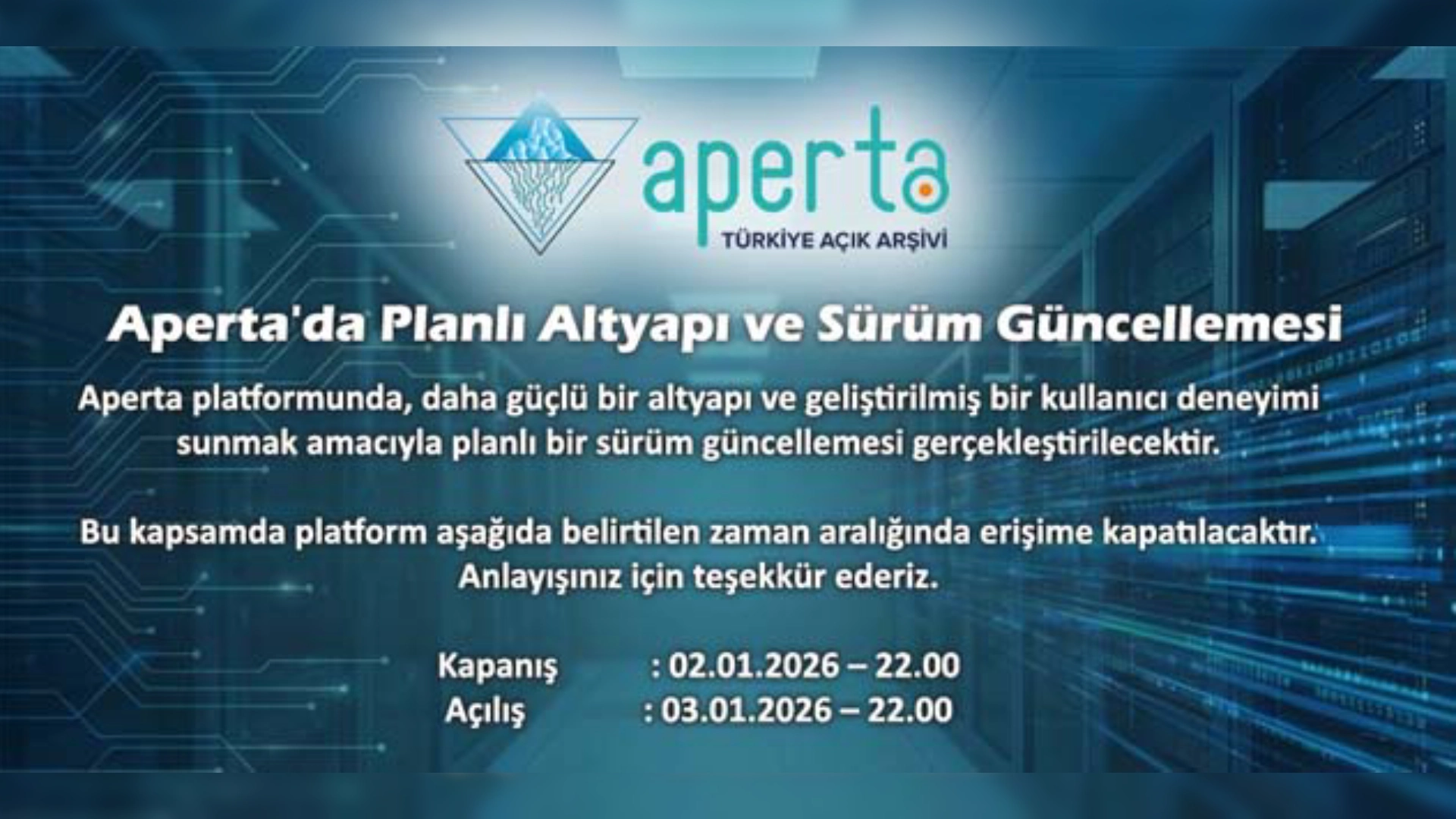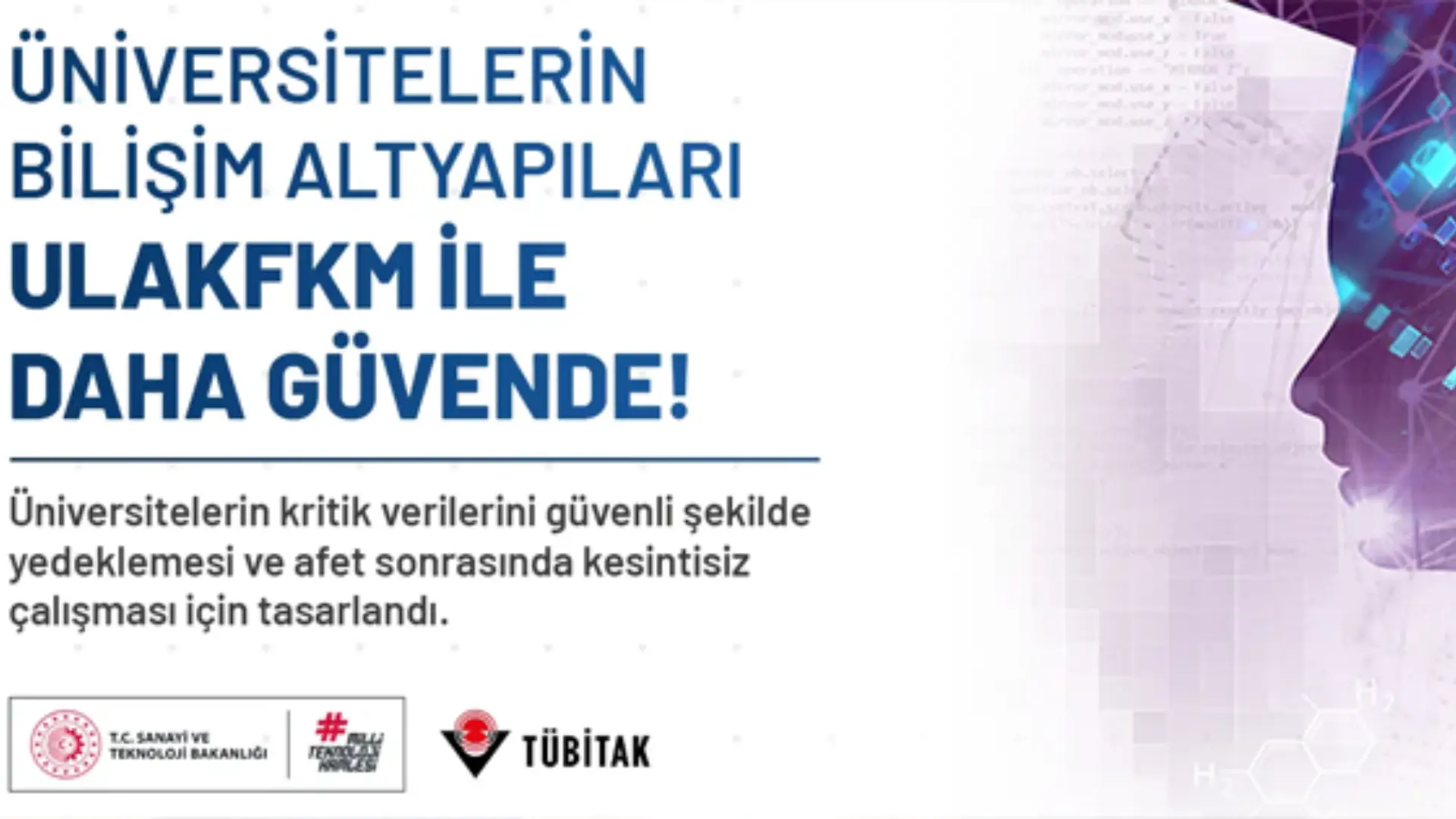DergiPark and International Visibility
Since September 2013, TÜBİTAK ULAKBİM has established an electronic journal management system and started providing journal hosting services within the scope of the DergiPark Project to increase the quality and international impact of national academic journals. In this way, the process of publishing a journal has become much easier and faster as the process from the submission of an article to its publication is managed electronically. Within the scope of DergiPark services, which are provided free of charge, support is provided to journals on the use of the servers and the system. As of May 2016, the number of journals reached 1128.
DergiPark, which has the article information structure that will form the basis of the National Citation Index, has made its records compatible with the OAI-PMH standard (which allows archives to be interoperable) since June 2015. Thus, DergiPark records were collated by OpenAIRE and became visible on the OpenAIRE portal. DergiPark is currently ranked 11th among OpenAIRE data providers with 177,174 records.
Support to Open Science in Europe - OpenAIRE2020: OpenAIRE, an EU technical infrastructure project designed to promote EU-funded policies and support researchers, research managers and project coordinators to comply with the policies, of which Izmir Institute of Technology, Department of Library and Documentation is a partner from Turkey. www.openaire.euToday it is the largest academic information portal in the EU and continues to grow with new data providers.
OpenAIRE provides technical services such as the collection, identification and listing of publications, datasets and outputs of projects. Publications and data are automatically collected by the OpenAIRE portal when stored in an archive and correctly identified as produced under Horizon2020.
Horizon2020, Open Access and Requirements: Horizon2020 mandates that all peer-reviewed publications originating from European Commission (EC) project funding are Open Access (OA), i.e. freely available online without any restrictions on their use. OpenAIRE helps to provide OA to project publications by making publicly available for each Horizon2020 project pages containing project information, project-related publications, datasets and a statistics section. This information can be freely used for reporting purposes, for building publication lists and for statistics. https://www.openaire.eu/search/find?keyword=
Open Research Data Pilot: Open data is data that is free to use, reuse and distribute. The Open Research Data Pilot aims to make public the research data resulting from selected Horizon2020 projects. The Pilot requests data and metadata needed to validate results in scientific publications, as well as raw data and metadata specified in the Data Management Plan (DMP). OpenAIRE compiles and maintains a list of resources that assist in understanding and implementing the terms of the Data Pilot.
Participation in the Open Research Data Pilot:
- To be a part of Open Science in the new era by integrating effective, up-to-date and transparent scientific methods and processes at every stage.
- Reaching more people means having more impact.
- To help prevent duplication of efforts and protect data in the future.
If there is no other suitable place to store the data, OpenAIRE's comprehensive archive Zenodo (www.zenodo.org) can be used. For researchers, scientists, EU projects and institutes Zenodo provides
- Sharing research results in all areas of science in different formats, including text, spreadsheets, audio, video and photos,
- Build credibility by making research results viewable and citable, and integrate them into existing reporting pipelines of funding organizations such as the EC,
- Easy access and reuse of shared research results,
- Integration of research results with the OpenAIRE portal.
Two funding programs under OpenAIRE
- OpenAIRE 7th CFP Post-Grant Open Access Pilot
Request funding for existing peer-reviewed publications
- For articles in fully open access journals and open access books.
- Funding should be requested after the publication has been accepted.
- The 7th ESP project must have been completed for no more than two years.
- Three publications per project can be funded.
- The pilot pays up to EUR 2,000 for research articles and EUR 6,000 for monographs.
- Articles published before the launch of this initiative are not eligible.
- Page and color charges are not included.
- Funding for Journals and Platforms that Publish Open Access Publications without Article Processing Charge (APC)
As an alternative funding mechanism to the 7th ES post-grant funding for AE peer-reviewed publications, a call for funding applications was launched on May 3, 2016 for AE journals and platforms that have published at least one article post 7th ES grant in the last 1 year without article processing fees. June 30, 2016 is the deadline for application.
- AE journals and platforms that have published/accepted at least one paper post 7th ES grant in the last 1 year are eligible.
- AE journals and platforms listed in DOAJ are eligible.
- Journals and platforms that do not charge article processing fees are eligible.
- Journals and platforms that are OpenAIRE compliant or may soon be compliant are eligible.
OpenAIRE offers consultancy and guidance services to inform projects and researchers about EU policy, as well as guidance on how to do AE.
Advisory services are provided by OpenAIRE's 33 National Open Access Desks (NOADs) spread across Europe, which currently provide centralization by advising at the local level.
Helpdesk https://www.openaire.eu/support/helpdesk
Turkey Help Desk: https://www.openaire.eu/42-gultekin
Email: openaire2020@iyte.edu.tr
To download the article as PDF here click here.






